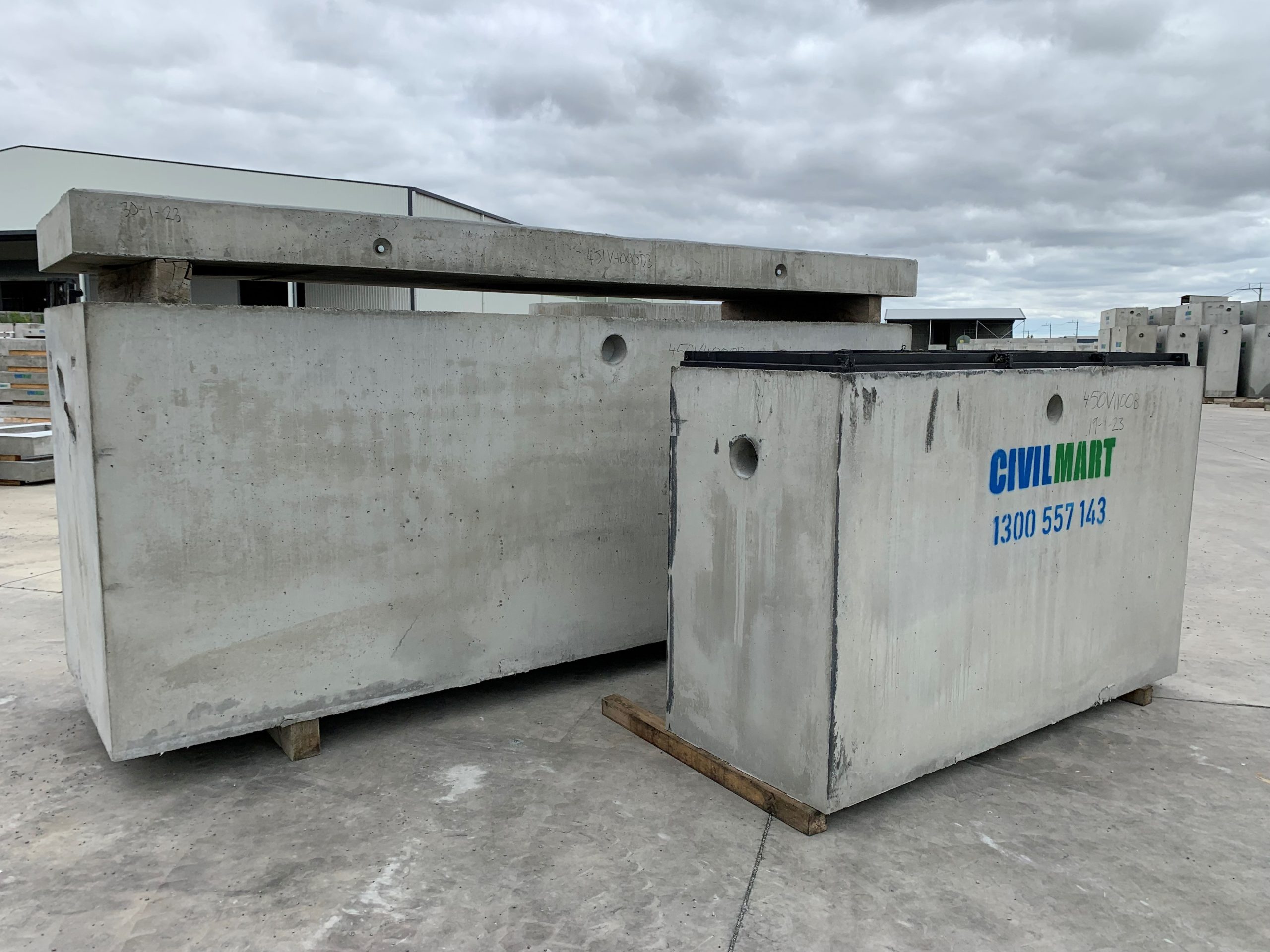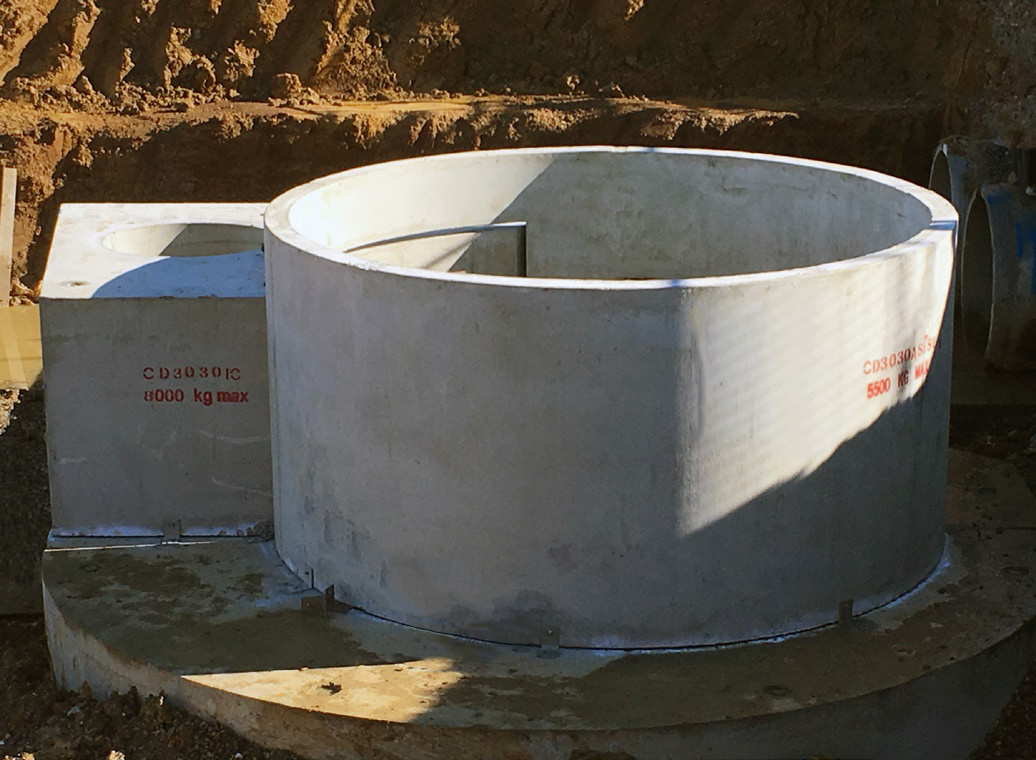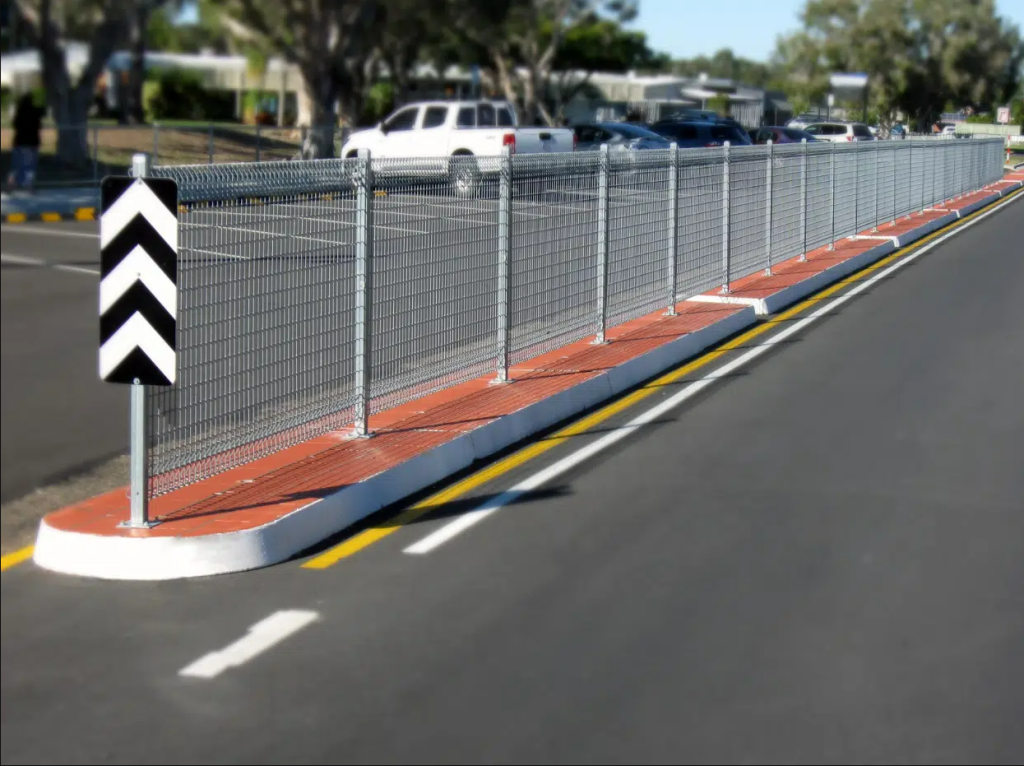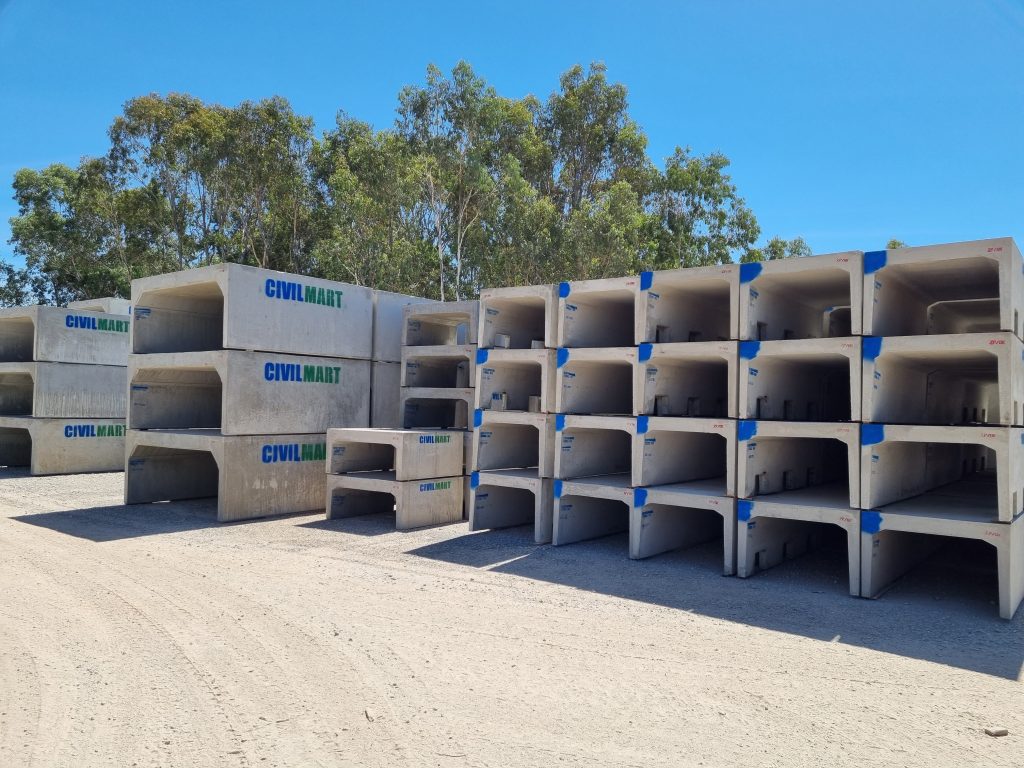You may be asking yourself, what is trade waste? Well, the simple answer is that it’s any waste produced by a business that isn’t household or domestic waste. But what does that actually mean? Though the definition might seem broad, there are some key characteristics of trade waste systems and their contents that help to pinpoint exactly what type of system you need.
What is trade waste?
Trade waste is the liquid and solid waste generated by business activities. It can include several harmful substances, such as food scraps, chemicals, paint or oil and grease.
This waste is often referred to as industrial solid waste, manufacturing waste or commercial and industrial (C&I) waste. Waste that’s generated by businesses can be either hazardous or non-hazardous. Hazardous waste is any toxic substance that could pose a risk to health or the environment if it isn’t disposed of properly.
It’s important to understand the difference between hazardous and non-hazardous waste, as well as the regulations that apply to each.
What are the types of trade waste systems?
There are three types of trade waste systems:
- Gravity systems. These are the most basic and common type of trade waste system in Australia. They work by collecting and transporting wastewater through a series of pipes that run downhill to a treatment facility, where the water is treated before being released into local waterways.
- Pressure systems. These operate similarly to gravity systems, but they use pressurized tanks and pumps to force water through their pipes instead of relying on gravity alone. This makes them more efficient and effective at removing contaminants from dirty water because they can push waste through their pipes faster than gravity can pull it downhill.
- Combined systems (pressure-gravity). These combine features from both pressure & gravity systems by using both pressurized tanks and pumps along with gravity-powered drainage lines that transport wastewater away from buildings or industries to a treatment facility. Combined systems are the most efficient and effective at removing contaminants from dirty water.
Do you need a grease arrestor?
If your commercial waste disposal system is not working properly, you may need a grease arrestor to help reduce the amount of oil and grease that gets into the wastewater. A grease arrestor is a device used for the removal of free floating or emulsified oil and grease particles from wastewater prior to discharge into a collection system or sewer.
The purpose of a grease trap is to remove and hold fats, oils and greases (FOG) that come in contact with wastewater at restaurants, food processing plants, supermarkets and other locations where large quantities of FOG are produced. As part of your daily routine as a food service manager/owner or operator you should be inspecting your equipment regularly for any signs such as foaming or visible bubbles coming out of vents on top which would indicate something has clogged up inside causing this build-up; so if you ever notice this happening then get someone out there right away before it gets worse – otherwise they could potentially overflow which would not only block drains but also create an environmental hazard too!
What size trade waste container do I need?
The size of the trade waste container is determined by the number of people using it. The trade waste system should be designed to handle the maximum amount of waste generated by the business, plus a safety margin.
For example, if you have a small café with 10 employees and one toilet, your trade waste system would need to be able to handle all 12 person’s waste as well as any possible spills from bins or trolleys etc…
What is the installation process?
The installation process is a two-stage process:
- First, the trade waste system is installed. The size and design of your business will determine the type of system that you will need. For example, if you have an outdoor area where people can eat or drink, you may require a portable toilet facility.
- Second, once your trade waste system has been installed, it must be connected to the sewerage system (if it’s available). Most Councils require landowners to obtain approval before connecting their trade waste container to their sewerage system.
How to clean and maintain a trade waste system
The trade waste system is collected by a contractor who will be responsible for the installation, maintenance and repair of the system. The contractor uses specialised equipment to collect trade waste from properties with a trade waste system.
It is highly unlikely council does not employ its own crews for cleaning or emptying the tank. Instead, you’ll likely have to contract out this work to private sector companies who provide these services on our behalf (check with your local council for more information).
Most businesses will need to install a trade waste system to meet council requirements
You may think that trade waste systems are only for large businesses with commercial kitchens, but the truth is that most businesses will need to install a trade waste system to meet council requirements.
Trade waste systems are used to collect and dispose of waste produced by commercial kitchens and other businesses. They can be large or small, depending on the needs of your business, and they can be installed indoors or outdoors as long as they comply with environmental regulations.
Not only do trade waste systems help you comply with environmental regulations, but they also prevent pollution of waterways – something that’s important both from an environmental point-of-view and a social one too!
Why choose Civilmart for your Trade Waste needs?
If you’re in need of trade waste systems, it’s important to know what type of system is right for your business. The expert team at Civilmart have years of knowledge to help you decide which system suits your requirements best. Reach out today for more information about trade waste systems or how they can benefit your business! Our friendly team members are always happy to assist!




